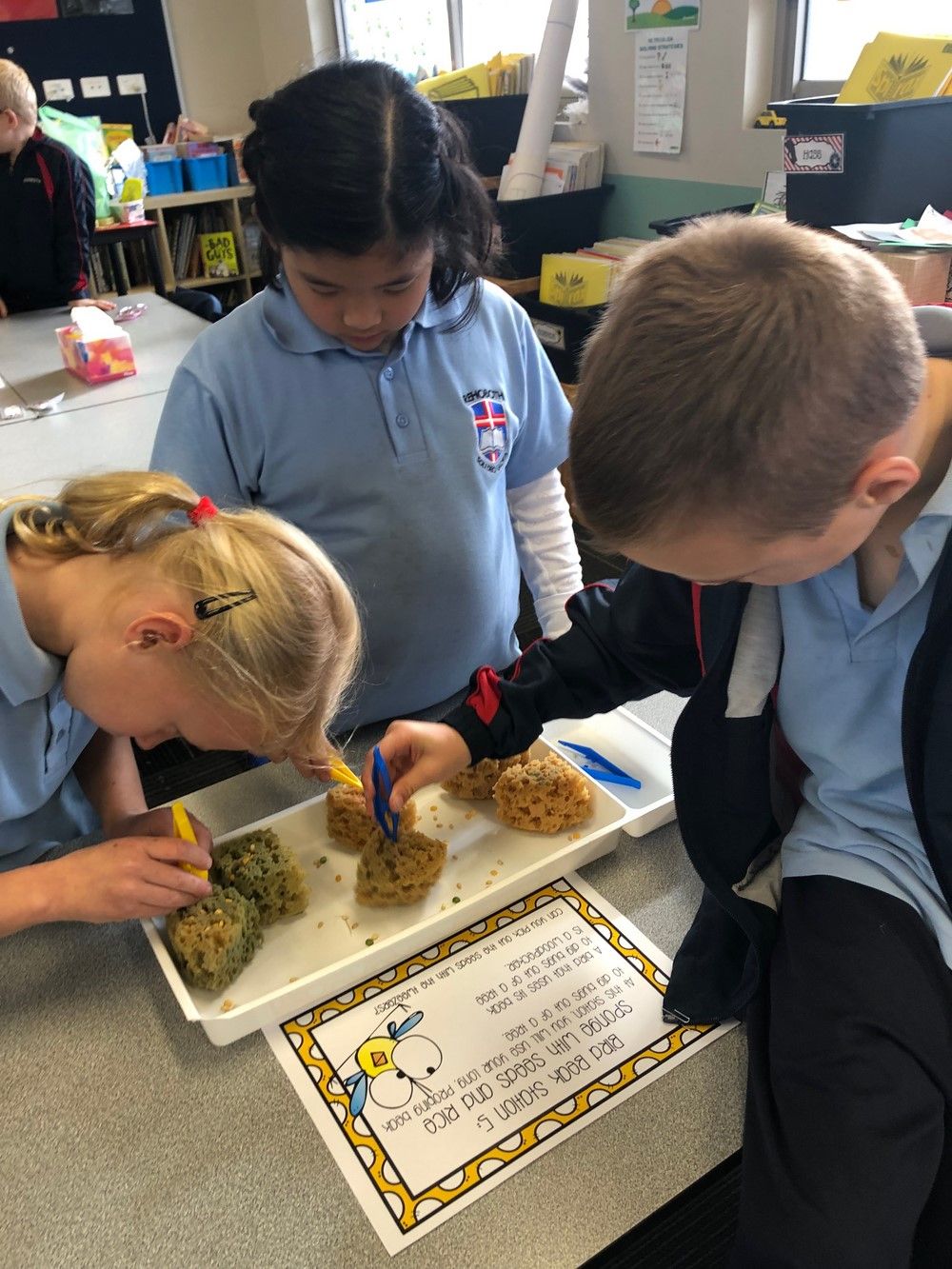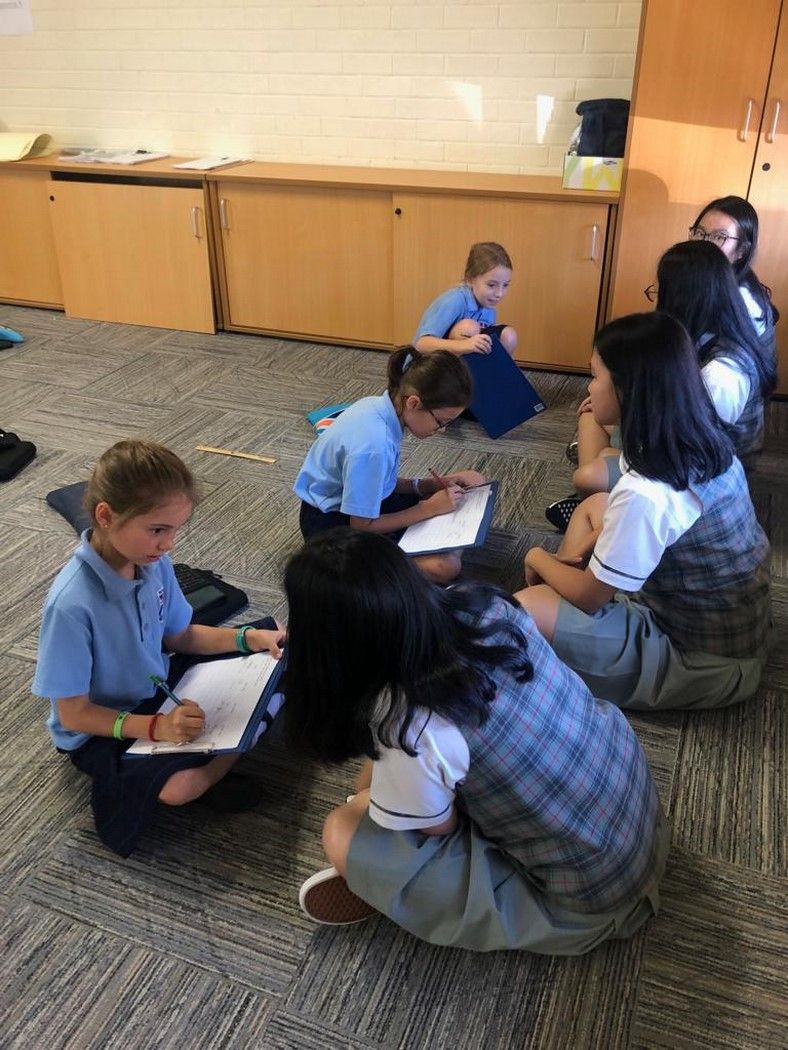Everyone adheres to a certain learning style to acquire more knowledge and perform well in school. For example, some find it easier to learn their lessons in school when they are required to employ logic and reasoning, while others excel in subjects that require more creative thinking and original ideas.
There are also students who prefer to learn using words, through writing or speaking. This type of learner uses a linguistic or verbal learning style. Like visual and auditory learning, verbal learning is one of the most common types of studying styles observed today.
Do you think you are a verbal learner? Do you want to know how you can excel in your classes with your existing learning style?
Read on to learn more about the verbal learning style as well as the most effective study tips for verbal learners.
How do you know you’re a verbal learner?
Before we delve into the nitty-gritty parts, let’s make sure you are indeed a verbal learner.
Howard Gardner, a Harvard University professor, has developed the Multiple Intelligence Theory, stating that humans can possess numerous types of intelligence. The theory further suggests that there are specific ways a person can learn, depending on the type of intelligence that they have.
Understanding the type of intelligence you yourself have plays a crucial role in determining what study techniques you should use.
So, what are the tell-tale signs that you are a verbal learner?
According to the theory, these are some of the key characteristics of a linguistic learner:
- Has a strong preference for reading instructions instead of watching a demo.
- Loves expressing oneself through discussion and listening to others.
- Fascinated by language and doesn’t mind spending hours reading and listening to all sorts of materials.
- Loves learning and using new words through poetry, tongue twisters and word games.
- Often aces standardised tests and quizzes provided by the school.
- Likes to keep a journal to keep track of their notes or ideas.
How many items have you ticked off on the list above? If you were able to relate to two or more of the characteristics enumerated above, you’re most definitely a verbal learner.
Before you read more about the essential study tips for verbal learners, it’s crucial for you to understand your learning style first.
Understanding your learning style
Education Degree explains that there are seven types of learners, namely:
- Linguistic – Otherwise known as verbal learners. As discussed in the previous section, linguistic learners rely a lot on language to understand a new concept and assimilate knowledge.
- Visual – A type of learner that makes use of images, graphics and other types of visual cues to digest information shared in class.
- Aural – This type of learner responds quickly to sound and music used during lessons.
- Physical – Physical or tactile learners engage in movements like hand raising when they speak. They also relate better to lessons when physical activities are involved.
- Logical – Logical learners love creating lists as well as organising their lessons. They also love dealing with puzzles.
- Social – Social learners appreciate working in groups. They can learn better when they’re surrounded by people.
- Solitary – This type of student prefers to study alone. They take pride in their independence.
Each type of learner uses various study techniques in order to cope, process information and break down learning resources provided during class discussion. Also, each learner experiences different kinds of issues when they study.
For example, as a verbal or linguistic learner, you may struggle with the following issues:
- Processing abstract visual cues or images.
- Solving pure arithmetic problems.
- Working on projects that entail very minimal verbal/written guides.
- Working on projects that require immense hand-eye coordination.
 What are the best tips for verbal learners?
What are the best tips for verbal learners?
While there are certain aspects of learning you will definitely struggle with, there are plenty of ways for you to adjust and cope. Below are some of the most effective study tips for verbal learners:
Maximizing the benefits of note-taking
You may have already noticed your fondness for note-taking. You find it helpful to write down notes while your teacher talks about topics in Science class. Also, you prefer writing down your ideas whenever you work on a project.
Verbal learners like you should fully maximise your note-taking ability. It’s is an essential study habit that you need to take advantage of if you want to excel.
Here are the key strategies to improve your note-taking skills:
- Focus on writing down key information when the teacher discusses a topic in class.
- Pay attention to the information that your teacher doesn’t write on the board.
- Take note of possible topics you should explore after each discussion.
- Create notes in advance so you already have an idea of the topic.
- If you’ve misheard something, don’t hesitate to ask your teacher to repeat it.
- Try to compare your notes with your friends or seatmate.
- Rewrite notes if you’ve scribbled them so you can review them better later.
- Keep everything organised so you can quickly find the information you need.
Incorporate speaking and writing into your activities
Take advantage of your strengths in using language by joining activities like poetry writing, declamation and debate. There are tons of writing and speaking events you can join each year.
Aside from joining activities, there are other ways you can incorporate your love for writing and speaking into your study sessions:
- Record your voice on your mobile device while you discuss a certain topic.
- If you’re having a difficult time understanding a concept or procedure, try talking to yourself about it in front of the mirror or writing an essay about it.
- Try discussing concepts with your classmates or friends. A study shows that learning lessons by repeating them to others is the best way for you to improve your knowledge on the subject.
Create mnemonics to remember concepts easily
Mnemonic devices offer great assistance to students who want to remember a list of items quickly and effectively.
The use of mnemonics also allows you to convert a topic that’s dull and boring into something more interesting and exciting.
If you want to create your own mnemonic devices you can use the following tips:
- Use rhymes – It’s easier to remember things that rhyme. So if you’re having a hard time memorising steps in a procedure, you can use rhyming to remember them better.
- Create acronyms – Memorising a long list of items becomes easier with the use of acronyms. For instance, you know that ROYGBIV (red, orange, yellow, green, blue, indigo, violet) stands for the colours of the rainbow and NPAVAPIC (noun, pronoun, adjective, verb, adverb, preposition, interjection, and conjunction) stands for the eight parts of speech.
- Write a short story – Unleash your full potential as a linguistic learner by creating a story to remember how a certain concept works. This method allows you to memorise and integrate related topics.
- Keep it simple – Remember the goal of creating mnemonics – to simplify things. Aim to keep your mnemonic devices easy to remember.
Join group discussions
Group discussions provide you with the opportunity to engage and brainstorm with other types of learners. This will help you pick up new studying techniques and habits.
For example, if you study with a person who uses the visual learning style, you might start understanding how to process visual aids and how you can incorporate them into your note-taking process.
In return, your fellow learners will also appreciate the beauty of using language. You can exchange ideas with each other, debate about a topic, write collaborative pieces and more. The possibilities to learn something new during a group discussion are endless.
You can create your own study group or join clubs that interest you. The more you get to interact with fellow learners, the better.
Here are some tips to remember so you can get the most out of a group discussion:
- Keep your group small so you can have a more laser-focused discussion.
- Make sure your group has a moderator per study session. The moderator will take charge of keeping things on schedule.
- Each participant should identify the main points that they want to discuss.
- Don’t forget to bring up topics that confuse you.
- Share your knowledge with the rest of the group and listen to what each member has to say about a topic.
Conclusion
A lot of students make use of the verbal learner style. It comes with plenty of perks, such as finding great joy in writing and speaking and excelling in written examinations. However, verbal learners also tend to encounter problems in understanding graphics, solving mathematical equations and handling activities that require body coordination.
At Rehoboth Christian College, we recognise that each learner has a different need. Whether you’re a verbal learner or any other type of learner, our curriculum and methods of teaching will surely help you become the person you aspire to be.








